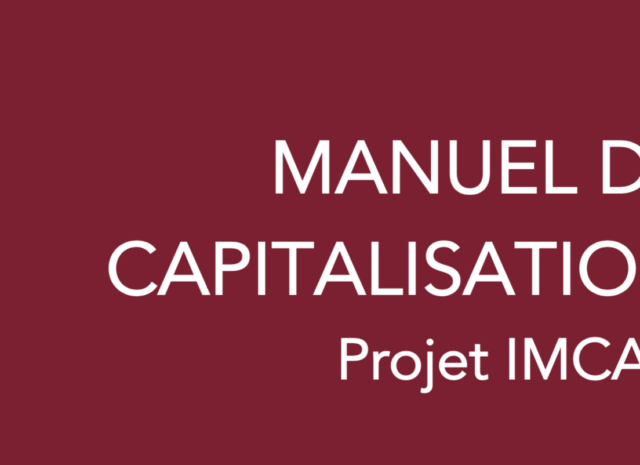In order to guarantee the relevance, effectiveness, impact and sustainability of our actions, and indeed to be able to participate in the evolution of educational practices and contents (in line with the common values we defend such as human rights or violence prevention), we share the useful insights on the preliminary steps to any cooperative action aiming to ensure the right synergy between civil society and institutions.
On 20 February 2022, the World Day of Social Justice, a seminar was organised between civil society and Tunisian public institutions to capitalise on the collaboration and synergy between these actors. The meeting brought together 10 representatives of public institutions and 19 representatives of civil society, who agreed on the recommendations shared in the following document (in French).
Shared collective responsibilities seem to us to be necessary in the fight against all types of violence and to be able to imagine any impact in the short, medium and long term. Throughout the project, contributions from everyone on this topic were added to the Collective Memorandum document.
This document – Collective Memorandum – will therefore serve as a basis and collective memory for all participants and will be distributed to other members of Tunisian civil society and public institutions in the hope that it will serve to improve practices and strengthen synergies between Tunisian civil society and public institutions. It is an addition to the complementary documents resulting from the work of the OPEV, which are available on this platform, notably on the factors favourable to involvement in violence.
We hope that as many actors as possible, from ministries to small local associations, will adopt these recommendations and that they will influence future work as well as the way we think about collaborative work.
These insights have been drawn from the IMCAN project implemented in Tunisia. IMCAN has been funded by the Spanish Agency for International Development Cooperation and implemented by NOVACT, Assembly for Peace Cooperation (ACPP), the Tunisian League for the Defense of Human Rights (LTDH), Mass’Art for the culture, and the association of Support to Agricultural Sector Initiatives (AISA).
